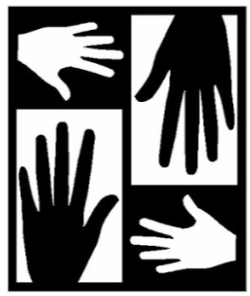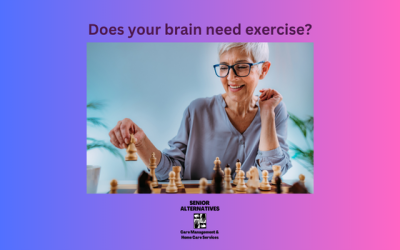October 23, 2013

We encourage all of our clients to have discussions with their family and physicians about how they want to be cared for, and what treatments they are willing to accept, as their health changes.
One of the biggest questions our clients and loved ones face is whether they would want to receive CPR if their heart stops beating. This can be a daunting decision. Many people may feel that if they don’t accept CPR, they are “giving up” or letting others down. People often make the decision about whether to have CPR based on general ideas of what CPR is and what it can accomplish. The realities of CPR are often not understood by the general public.
What is CPR (Cardiopulmonary Resuscitation)?
In order to make these decisions, it’s important to understand what the process of CPR entails. If a person has stopped breathing or has no heartbeat, CPR is the process of restarting the heartbeat and breathing. To create an artificial heartbeat, the center of the chest is pushed down about 1 and ½ inches 100 times a minute for several minutes. Attempts to restore breathing are made by blowing into the mouth. A tube is then inserted through the mouth and down the airway to make the artificial breathing more efficient. Electric shocks may be given to the heart, and various drugs may be given through an intravenous line. If the heartbeat starts again but breathing is still not adequate, a machine called a ventilator will be used to move air in and out of the person’s lungs indefinitely.
How effective is CPR?
When a person is in failing health from an advanced and progressive illness, the heart and breathing will ultimately cease as a result of that illness, and CPR may not have any long-term success in keeping that person alive, if it works at all. The process of CPR itself can be harsh and traumatic to the body, especially a frail one.
Questions to ask your doctor about CPR:
When making decisions about CPR – or any other life support intervention – it is important ask yourself and your physician the following questions:
How will the treatment make a difference?
Do the burdens of treatment outweigh the benefits?
Is there hope for recovery? If so, what will life be like afterward?
What quality of life will I have?
It’s never too early to have these important conversations or to seek the advice of a Care Management organization.
We encourage all of our clients to have discussions with their family and physicians about how they want to be cared for, and what treatments they are willing to accept, as their health changes.
Related Articles
International Self-Care Day 7/24
The date, 7/24 symbolizes the idea that self-care should be practiced 24 hours a day, 7 days a week. It’s a gentle nudge to make self-care a daily priority, not just a once-a-year activity. Read more on ways to create a self-care plan.
Summertime is here, let us help you plan the perfect picnic…
Summertime is a great time to enjoy the outdoors and plan a picnic, the perfect opportunity to bring joy especially for seniors in your life. With a bit of thoughtful preparation, you can create an experience that is both comfortable and memorable. To help you get started, here are some tips and ideas to plan a senior-friendly picnic that prioritizes accessibility, safety, and relaxation.
Boost Cognitive Function Through Brain Exercises
Just like the rest of your body, your brain changes and adapts over time. Through a concept known as neuroplasticity, your brain can form new connections, strengthen existing ones, and even recover lost abilities. Regular mental exercises can have a significant impact on your brain health. Read on to know more…





